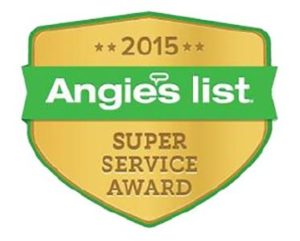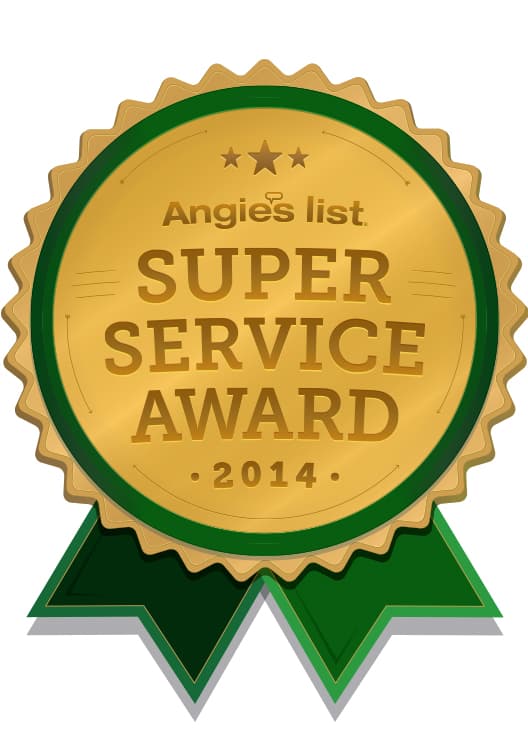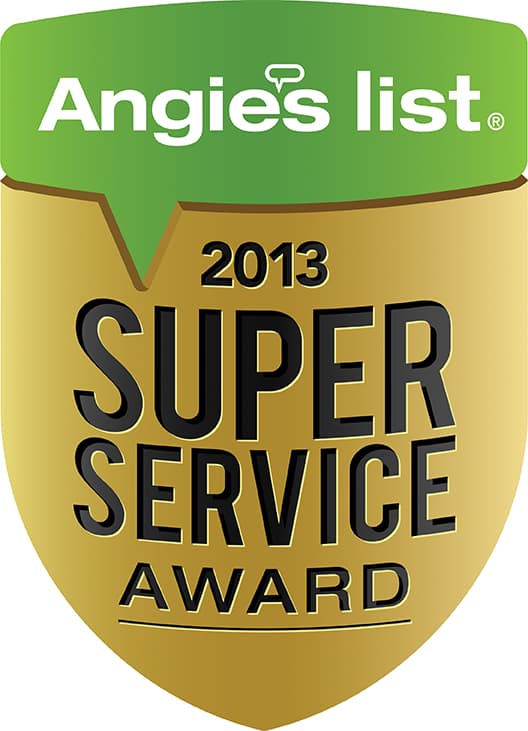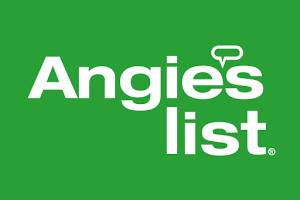Will Dishwashers Kill COVID-19? Best Way to Wash Dishes During Crisis
The particular strain of the Coronavirus known as COVID19 has created an unprecedented situation around the world. Here in the United States, the number of people with confirmed coronavirus cases tops 217,000 (as of Friday, April 3rd), more than China, Italy, or Spain. Thirty-eight states, Washington, D.C., and the territory of Puerto Rico have declared lockdowns, where residents are instructed to stay at home, nonessential businesses are closed, and only essential workers are out and about. Even states without lockdown orders have metro areas on lockdown, and a few states have ordered nonessential businesses to close without adding that residents need to stay at home. All told, about 90% of America’s population (297 million) are at home. And they’re worried.
The Science of Soap
In order to best protect yourself and your household, it is important that you understand what COVID19 is, how it is transmitted, and how you can fight it in your home. COVID19 is a virus made up of three different elements, and one of them is a layer of lipids (or fat). That makes it vulnerable because soap and detergents break down fats. Without this lipid layer to hold the virus together, it breaks apart. So hot water and detergent make the coronavirus inactive.
Dishwashers Deliver
Your ordinary household dishwasher is the best method of delivering detergent designed to cut through lipids (grease) combined with water at high temperatures. Most standard dishwashers operate at 150º – 160º F and often have a sanitation final rinse cycle of 180ºF. Even the older models wash at temperatures of at least 120ºF. So your dishes, cutlery, pots and pans will be blasted with the best combination around to ensure any COVID19 virus disappears down the drain. Here are some pointers to get the best out of your dishwasher during this pandemic:
*Check your water temperature settings. In order for your dishwasher to use water as hot as it is designed to use, the temperature setting on your boiler must be set accordingly. Many people have boilers set several levels below the highest. Find out what your boiler is set for and adjust it if needed. You want really hot water in your dishwasher right now.
*Remember that COVID19 can live on surfaces up to 72 hours. That means that stainless steel, glass, ceramics, and plastics could all harbor coronavirus for days. Putting all your dishes through the dishwasher wouldn’t be a bad idea. And put your used items through the dishwasher immediately after the meal. It’s not necessary to wait for the dishwasher to be completely full.
*Choose a grease-specific detergent. All detergents have lipid attacking qualities, so the brand of dishwashing detergent is not critical. However, some detergents advertise as particularly tough on grease. Using one of these may give you even more assurance that your dishwasher is dealing with COVID19.
If you do need to hand wash any of your dishes, use gloves and the hottest water you can stand along with a dishwashing liquid designed to cut through grease. It’s better to use the dishwasher, even for very small loads. At Dave’s Appliance, we want to support your family staying safe during this crisis. Using your dishwasher is a great way to do just that.








